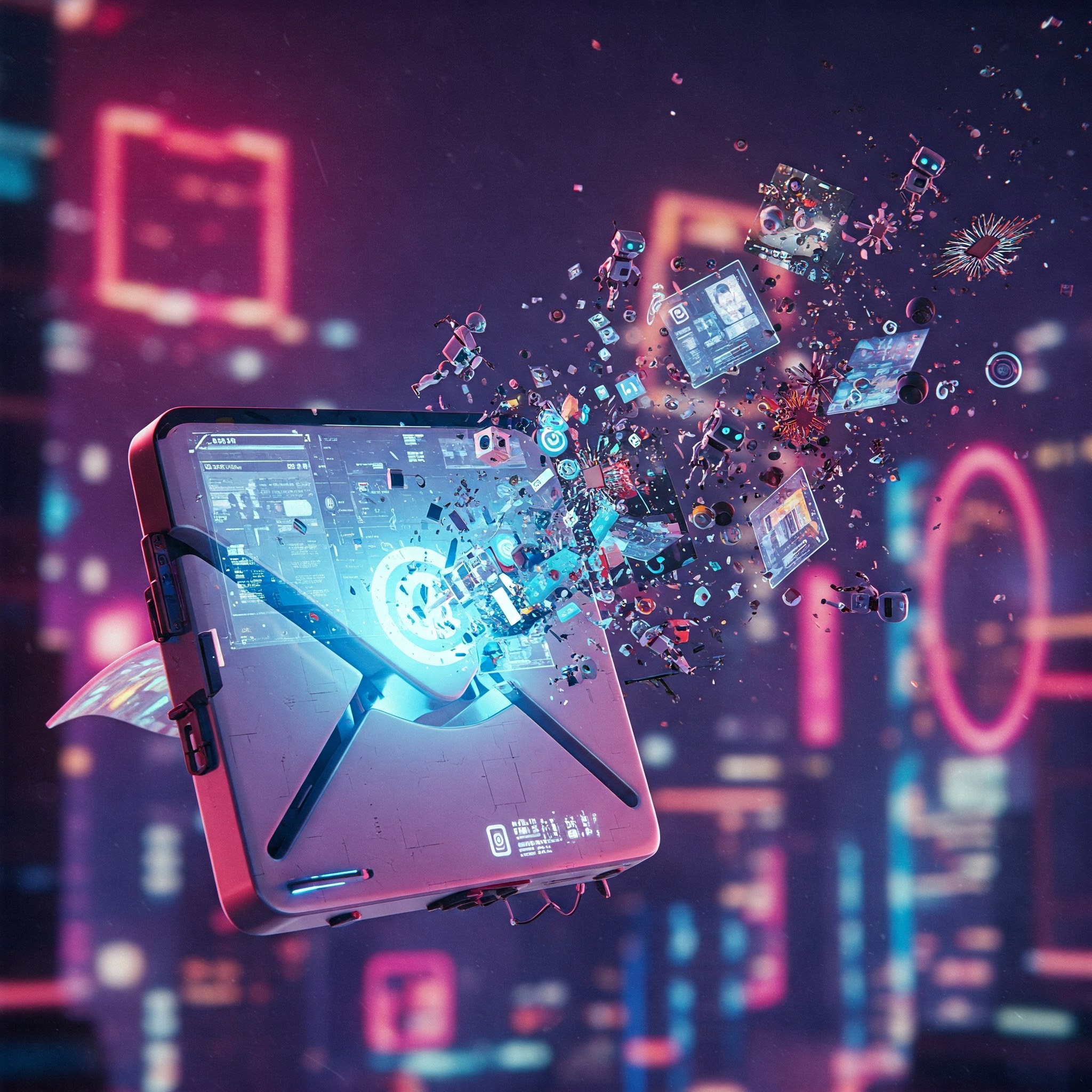Okay, let’s be honest: When AI started composing symphonies, I choked on my kombucha. Another nail in the coffin of human creativity, right? Wrong. Turns out, the robots aren’t coming for our gigs… yet. They’re offering a (slightly glitchy) hand.
The music AI landscape is a battlefield of opinions. You’ve got your Suno disciples, churning out radio-ready bangers with a few text prompts. Then there are the purists, clutching their analog synths and decrying the soullessness of it all. (Spoiler alert: I used to be one of them.) The truth, as always, is messier. Tools like Beatoven, AIVA, Soundraw, and Udio are democratizing music creation, letting anyone with an internet connection and a decent prompt turn their ideas into… something. But this power comes with responsibility. The Artist Rights Alliance isn’t wrong to worry about copyright infringement. AI models are trained on existing music, and the ethical implications are, shall we say, complex. We’re talking potential royalty rip-offs and the erasure of artistic ownership. Fun times.
My Damascene conversion happened in 2023. I got roped into a project developing a generative music AI tool, Koup Music. (Yes, the irony wasn’t lost on me.) It used a diffusion model – Riffusion – which basically meant I could feed it sounds and turn them into audio nightmares… or, occasionally, sonic gold. I’d upload a simple vocal melody and, with a little textual coaxing, transform it into the sound of a robotic cicada mating ritual. Surprisingly inspiring stuff. Koup Music’s limitations became its strength. It only spat out short snippets, forcing me to actually do something with them. These little AI gifts wormed their way into my compositions, becoming the spark for pieces like “How Things Grow” and the (ahem) experimental “Boom Boom Boom.” Suddenly, I was collaborating with a machine… and not hating it.
Here’s the thing: AI isn’t going to write your magnum opus. It’s a glorified sample library with a text interface. The real magic happens when you, the flawed, emotional human, take those AI-generated fragments and mold them into something meaningful. It’s about maintaining creative control, weaving those digital threads into your own musical tapestry. Research backs this up, showing that composers are happier when they feel like they’re still in charge. Who knew?
And let’s be real, perfection is overrated. Embrace the glitches, the unexpected harmonies, the slightly-off-kilter rhythms. Those imperfections are what make your music, your music. Striving for robotic precision is a fool’s errand. AI should augment, not replace, the joy of creation. So, where does this leave us? The AI music revolution is here, and it’s not going away. The challenge is to wield these tools responsibly and creatively. Don’t be afraid to experiment, to push boundaries, to make mistakes. Just don’t expect AI to do all the work. After all, who wants to listen to music written by a machine? (Unless it’s Skynet, in which case, all bets are off.) Now, if you’ll excuse me, I have a robotic cicada mating ritual to sample…

